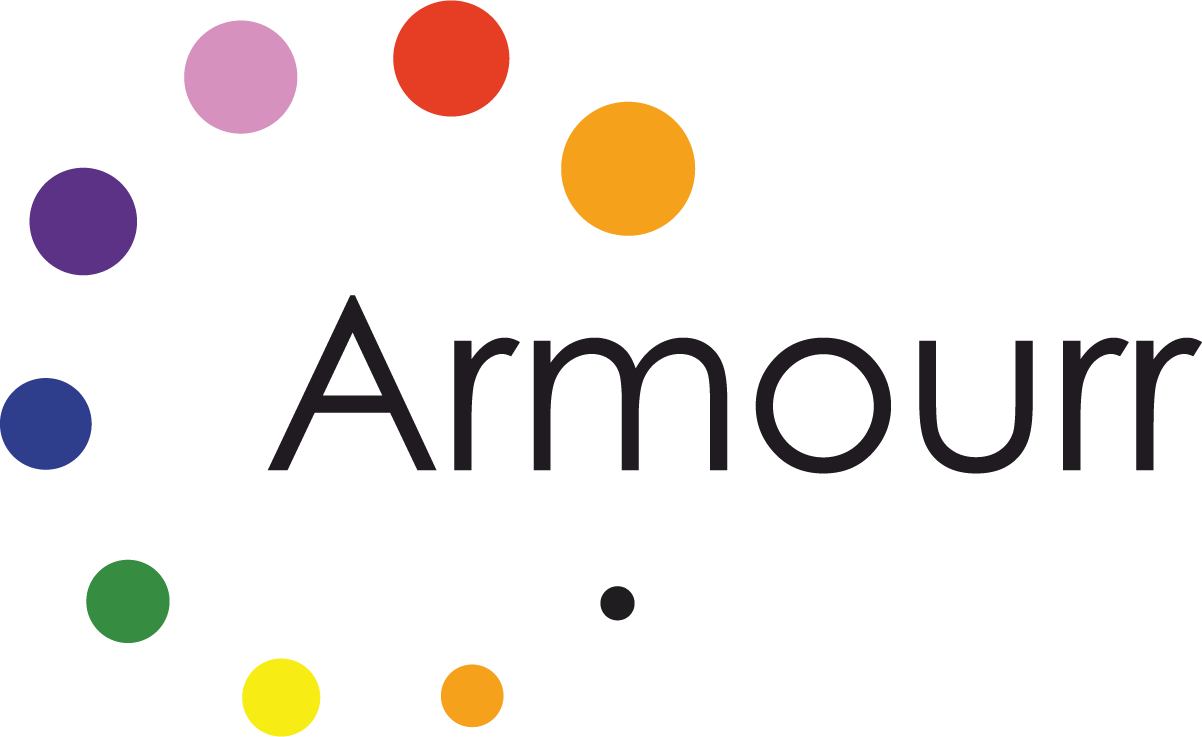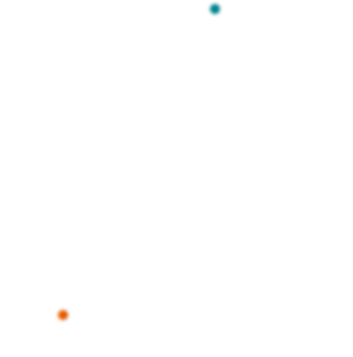
Why Cheapest Term Insurance is Not Always The Best ?
What is Term Life Insurance?
Term life insurance provides coverage for a specific period (term), typically 10, 20, or 30 years. If you pass away during this term, your beneficiaries receive a death benefit. It's a simple, no-frills option often favoured for its affordability.
Disadvantages of Cheap Term Plans
- Limited Coverage Period: These plans only last for the chosen term. Once it ends, you'll need to renew at a potentially higher premium, or risk being uninsured later in life when you might still need coverage.
- No Cash Value Component: Unlike some other life insurance types, term insurance doesn't build cash value. This means no opportunity for policy loans or supplemental income during your lifetime.
- Premiums May Increase: Renewal premiums can rise significantly based on your age and health at the time of renewal. This can strain your finances if you're unprepared.
Why the Cheapest Option Isn't Always the Best
- Insufficient Coverage: The lowest premiums often mean lower coverage amounts. While saving money upfront seems attractive, ensure the death benefit truly covers your family's needs, such as replacing your income, paying off debts, and funding future goals.
- Limited Riders and Add-Ons: Cheaper plans may offer limited or no riders, those extra benefits like critical illness or accidental death coverage that can be crucial for comprehensive protection.
- Potential for Claim Denial: Some insurers offering the cheapest plans may have stricter underwriting guidelines, potentially increasing the likelihood of claim denials due to pre-existing conditions or other factors. This defeats the entire purpose of having insurance in the first place.

